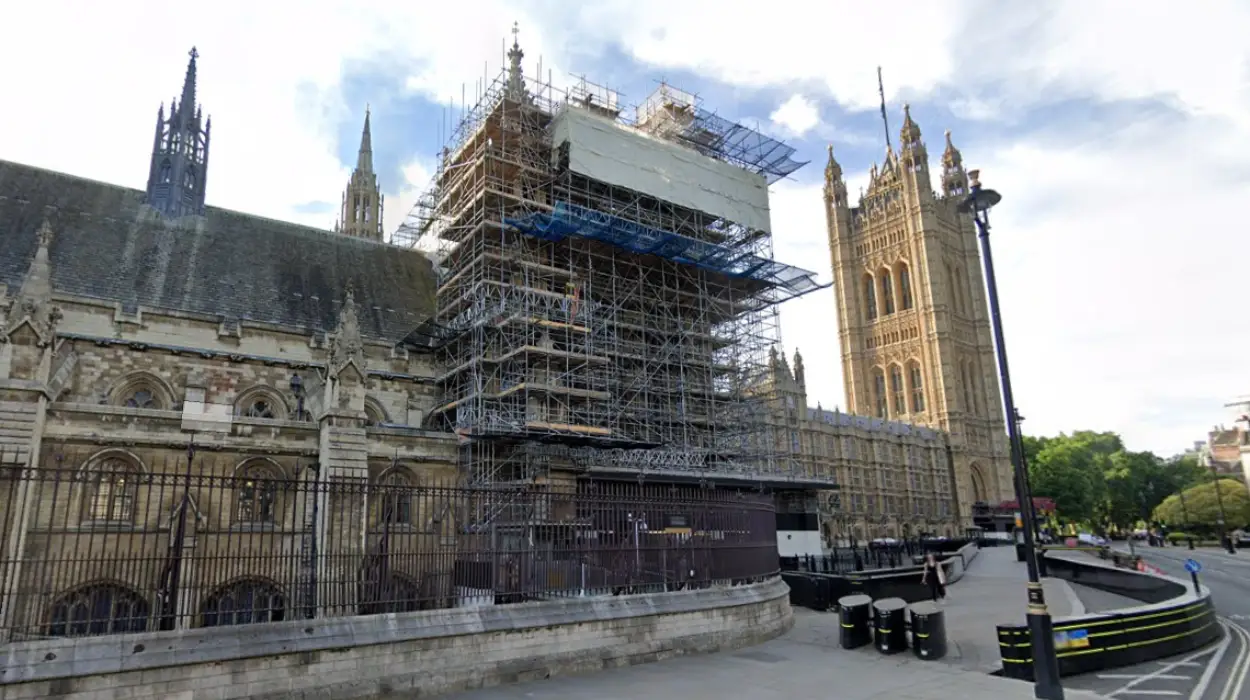UK (Parliament Politics Magazine) – Critics slam the UK’s skilled visa list for including DEI roles and bloggers, arguing it diverts focus from vital sectors amid rising migration concerns.
As reported by GB News, diversity and inclusion professionals in Britain now qualify for skilled visas. Critics argue the system favours ideology over pressing workforce needs.
The Home Office has listed poets and bloggers as shortage occupations,
citing a lack of domestic talent in these fields. They now fall under the visa category for writers and translators.
Labour acts to toughen visa rules amid growing pressure over net migration.
What did Lee Anderson say about Britain’s visa system?
Lee Anderson, Reform MP, said,
“Standards for work-related immigration in this country have never been lower, and the countless promises to fix the system continue to be broken.”
She stated,
“Our soft-touch immigration policies have allowed widespread exploitation of the system – one that benefits everyone except hard-working Britons, costs taxpayers billions, and exacerbates the housing crisis and strain on public services.”
Ms Anderson said,
“As the land of literary giants like Shakespeare and PG Wodehouse, a nation with the richest literary tradition in the world, the UK does not need to import poets and bloggers.”
She added,
“What we urgently need are doctors, builders, and entrepreneurs – people who will contribute directly to our economy and public services.”
When do the new visa rules take effect?
The UK government will remove certain jobs from the skilled worker visa list starting July 22.
The Migration Advisory Committee will review the shortage occupation list in December 2026 to decide which roles remain eligible.
What’s behind Labour’s backing of visas for DEI roles?
Home Secretary Yvette Cooper pledged to align immigration with the UK’s skills and training needs, but critics claim the Government is backing the wrong jobs.
Labour revised a temporary list in May outlining which roles qualify for skilled visas. The move sparked backlash for including the contentious “equality and diversity manager” role.
What did critics argue about DEI roles in hiring?
MPs and members of the public have criticised the role. They called it a misuse of public funds to push a political agenda.
Some say DEI initiatives lead to token hires and dilute standards, while others argue they create divisions among staff.
Where is £40m in public funds going each year?
Annual spending on diversity officers has reached £27 million in the Civil Service. NHS institutions are also paying over £13 million each year for similar roles.
Some diversity roles can earn over £90,000, with NHS North East London home to the highest-paid post.
Diversity and inclusion positions are classified under the skilled visa category for human resources and industrial relations officers.
Key facts about DEI roles in the UK
1. Representation & workforce diversity
Gender:
- 38% of managers are women, but only 20% are in skilled trades.
- Women make up 11.9% of the UK Armed Forces; the RAF has the most at 16.1%.
- 92% of Black women say leadership lacks fairness and want major changes.
Ethnicity:
- 12.2% of UK Regular Forces are ethnic minorities, up slightly from 2024.
- Just 3.5% of FTSE 100 leaders are from ethnic minority backgrounds.
- 43% of minority staff fear limited chances for promotion.
LGBTQ+ & Disability:
- 68% of LGBTQ+ staff hear slurs or jokes at work.
- Only 25% of disabled employees feel they truly belong at work.
- 78% of autistic people are unemployed; half of managers avoid hiring neurodivergent staff.
2. DEI program trends & challenges
Program cuts:
- 1 in 8 UK firms are cutting back DEI programs in 2025.
- Reasons include politics (49%) and unclear results (36%).
- 56% of managers think DEI is just for public image.
Using data:
- 65% of companies using DEI data better understand their teams.
- 60% say it helps build an inclusive culture.
- Only 20% track race or ethnicity in hiring goals.
Rules & pressure:
- The Equality Act 2010 now requires reporting on pay gaps.
- New reviews push companies to improve diversity in top roles.
3. Business impact of DEI
Performance:
- Gender-diverse companies are 25% more profitable.
- Diverse teams make better decisions and bring in 19% more innovation revenue.
Hiring & culture:
- 76% of job seekers care about diversity at work.
- 67% say it improves job satisfaction.


